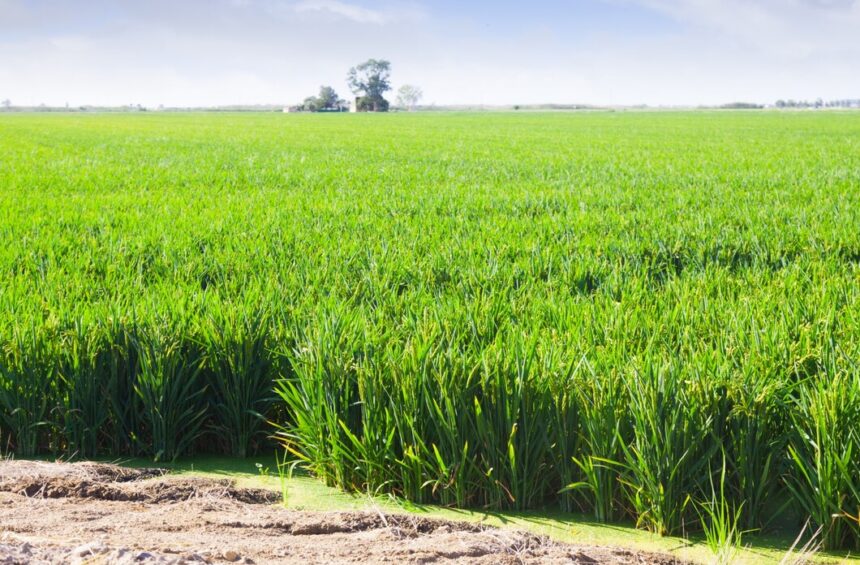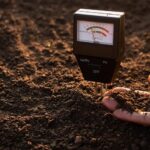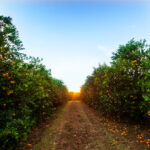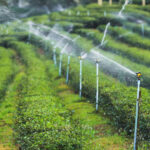KwaZulu-Natal, with its diverse climate and fertile soils, is a region in South Africa that offers a rich canvas for agricultural endeavors. From the lush coastal plains to the rolling hills of the interior, the province provides an ideal environment for cultivating a variety of crops. Let’s explore some of the most suitable crops that thrive in KwaZulu-Natal’s agricultural landscape, contributing to the prosperity of the region’s farming communities.
1. Sugarcane:
KwaZulu-Natal is renowned for its sugarcane plantations, particularly along the coastal areas where the warm and humid climate is conducive to sugarcane cultivation. The province is a leading producer of sugar in South Africa, and its sugarcane fields are a defining feature of the landscape.
2. Citrus Fruits:
The subtropical climate of KwaZulu-Natal provides an ideal setting for growing citrus fruits. Oranges, lemons, grapefruits, and limes flourish in the province, benefiting from the ample sunlight and well-drained soils. Citrus orchards adorn the landscape, contributing to both local consumption and export markets.
3. Bananas:
The coastal regions of KwaZulu-Natal, with their warm and humid conditions, are well-suited for banana cultivation. The province is a significant contributor to South Africa’s banana production, and its bananas are not only consumed domestically but also exported to various international markets.
4. Avocados:
Avocado orchards thrive in KwaZulu-Natal, taking advantage of the diverse topography and well-drained soils. The province’s avocados are prized for their creamy texture and rich flavor. Avocado farming has become a lucrative venture for many farmers in the region.
5. Macadamia Nuts:
The subtropical climate of KwaZulu-Natal provides an excellent environment for growing macadamia nuts. Macadamia orchards are flourishing in the province, and the nuts are sought after for their culinary uses as well as their contribution to the booming global nut market.
6. Pineapples:
Pineapple cultivation thrives in the warmer regions of KwaZulu-Natal, benefiting from the province’s ample sunlight and well-distributed rainfall. Pineapple farms contribute to both local consumption and processing industries.
7. Coffee:
The Midlands region of KwaZulu-Natal, with its cooler temperatures and rolling hills, provides an ideal setting for coffee cultivation. The province’s coffee farms are gaining recognition for producing high-quality beans that contribute to South Africa’s emerging coffee industry.
8. Maize (Corn):
Maize cultivation is prevalent in the interior regions of KwaZulu-Natal, where well-drained soils and a mix of rainfall and irrigation support robust crop yields. Maize is a staple in South African diets, and KwaZulu-Natal plays a crucial role in its production.
9. Vegetables and Horticulture:
The diverse agricultural landscape of KwaZulu-Natal allows for the cultivation of a wide variety of vegetables and horticultural crops. From tomatoes and peppers to flowers and herbs, farmers in the province engage in diverse horticultural activities to meet local and regional demands.
10. Indigenous and Medicinal Plants:
The province’s biodiversity extends to a rich array of indigenous and medicinal plants. Sustainable harvesting and cultivation of these plants have become a focus, contributing not only to local economies but also preserving traditional knowledge of their uses.
KwaZulu-Natal’s agricultural diversity mirrors the richness of its landscapes. The province’s farmers, with their dedication and expertise, play a pivotal role in cultivating crops that not only contribute to South Africa’s agricultural sector but also support local communities and economies. As the agricultural tapestry continues to evolve, KwaZulu-Natal stands as a testament to the harmony between climate, soil, and the bounty of the land.







